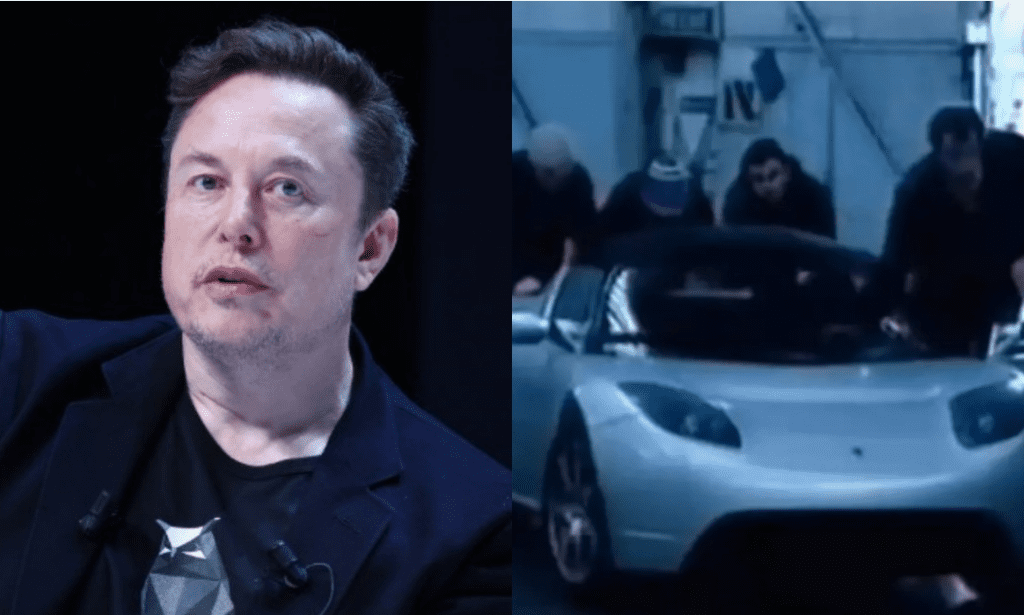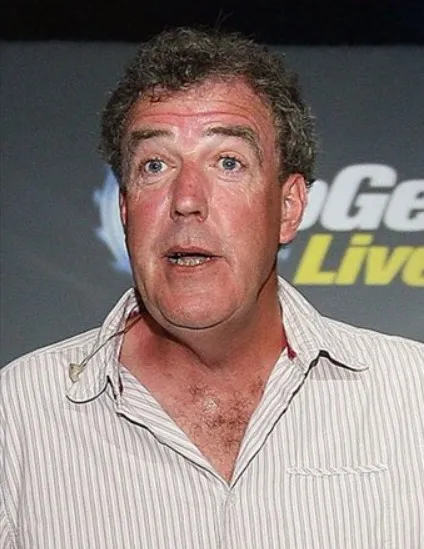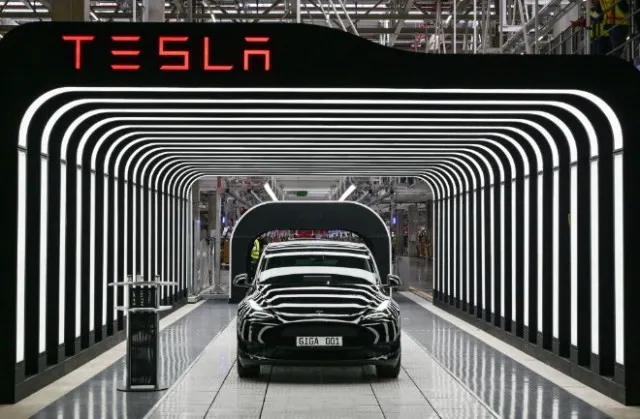Elon Musk, the innovative CEO of Tesla, has never shied away from defending his vision for the future of transportation. Among the many bold moves in Tesla’s history, one of the most contentious involved a $171,000 lawsuit against the BBC. The catalyst? A scathing review of the Tesla Roadster on the globally popular automotive show Top Gear. This legal battle not only showcased Musk’s commitment to his brand but also highlighted the uphill struggle electric vehicles (EVs) faced in their early days.
Let’s unravel the details behind this heated controversy, its fallout, and how it ultimately shaped Tesla’s journey.

The Spark: Top Gear’s Controversial Review of the Tesla Roadster
The story began in 2008 when Top Gear, a British car show renowned for its dramatic style and sharp humor, aired its review of the Tesla Roadster. As one of the first all-electric sports cars, the Roadster represented Tesla’s ambitious vision of a cleaner, sustainable automotive future. Initially, the review was promising, with host Jeremy Clarkson praising the car’s acceleration, calling it “biblically quick.”
However, the tone quickly shifted. Clarkson claimed that the Roadster’s battery depleted after only 55 miles of driving—far below Tesla’s advertised range of 211 miles. To make matters worse, the episode featured a scene of the car being pushed into a garage, seemingly out of power. The implications were clear: the Roadster wasn’t practical, reliable, or ready for prime time.
This portrayal sent shockwaves through Tesla, sparking outrage from Elon Musk and his team.
Tesla Fights Back: Defending the Roadster’s Reputation
Tesla strongly disputed the claims made in Top Gear’s review. According to Tesla’s data, the Roadster’s battery never fell below 20% capacity during testing. The company accused Top Gear of staging the dramatic garage-pushing scene to mislead viewers.
To counter the narrative, Tesla launched a dedicated website, TeslaVsTopGear.com, providing evidence to refute the claims. Musk was particularly incensed, stating that the review wasn’t just unfair—it was damaging. In 2011, Tesla filed a $171,000 lawsuit against the BBC, accusing the network of libel and seeking damages for lost sales and reputational harm.
The BBC Responds: Entertainment, Not Science
The BBC, in turn, defended Top Gear’s review. They argued that the show’s purpose was entertainment, not rigorous scientific testing. In a public statement, the network explained, “The tested Tesla was filmed being pushed into the shed in order to show what would happen if the Roadster had run out of charge. Top Gear stands by the findings in this film and is content that it offers a fair representation of the Tesla’s performance on the day it was tested.”
This distinction between entertainment and factual reporting became a central point in the ensuing legal battle.
The Legal Showdown: Tesla vs. BBC

Tesla’s lawsuit sought to hold the BBC accountable for what it deemed misleading and defamatory content. However, the High Court dismissed Tesla’s claims, with Judge Martin Moore-Bick ruling in favor of the BBC. The judge concluded that viewers would interpret Top Gear as an entertainment program rather than a factual review, making it unlikely that the claims would be taken at face value.
Musk and Tesla appealed the decision, but the Court of Appeal upheld the original ruling. In addition to losing the case, Tesla was ordered to pay $172,000 in legal fees to the BBC.
Turning a Loss Into an Opportunity
While the lawsuit didn’t go Tesla’s way, the controversy ultimately worked in the company’s favor. Here’s how this highly publicized incident influenced Tesla’s trajectory:
- Massive Media Exposure
The lawsuit catapulted Tesla and the Roadster into the global spotlight. Despite the negative press, the attention helped solidify Tesla’s status as a major player in the automotive industry. For many, this was their first introduction to the idea of high-performance electric vehicles. - Debates on EV Viability
The Top Gear review and subsequent legal battle ignited discussions about electric vehicle technology. Skeptics and advocates debated the feasibility of EVs, raising public awareness and curiosity about Tesla’s mission to revolutionize transportation. - A Commitment to Transparency
In the wake of the controversy, Tesla doubled down on transparency. The company began sharing detailed performance data and encouraged independent testing of its vehicles, helping to rebuild trust with potential buyers. - Musk’s Tenacity on Display
Musk’s willingness to challenge the BBC demonstrated his unrelenting commitment to defending Tesla’s reputation. His determination resonated with fans and investors, further cementing his image as a visionary leader unafraid to take risks.
Lessons Learned: The Power of Public Perception
The Top Gear controversy underscored the influence of public perception in shaping the trajectory of disruptive technologies. For Tesla, it highlighted the challenges of introducing revolutionary products in a skeptical market. The case also raised important questions about the balance between entertainment and factual accuracy, particularly when reviewing cutting-edge innovations.
A Defining Moment in Tesla’s Evolution

While Tesla didn’t win the legal battle, the fallout from the Top Gear review played a pivotal role in the company’s growth. The controversy put Tesla on the map, driving conversations about EVs and sparking interest in sustainable transportation.
Today, Tesla is a global leader in the electric vehicle industry, with a market presence that few could have predicted during its early struggles. The Top Gear lawsuit serves as a reminder of Tesla’s resilience and its ability to turn challenges into opportunities.
What’s Your Take on the Top Gear Controversy?
Was Tesla justified in filing the lawsuit, or should the company have taken a different approach? Share your thoughts in the comments, and don’t forget to spread the word about this fascinating chapter in Tesla’s history. Whether you side with Tesla or Top Gear, one thing is clear: this battle was a defining moment in the rise of electric vehicles.


